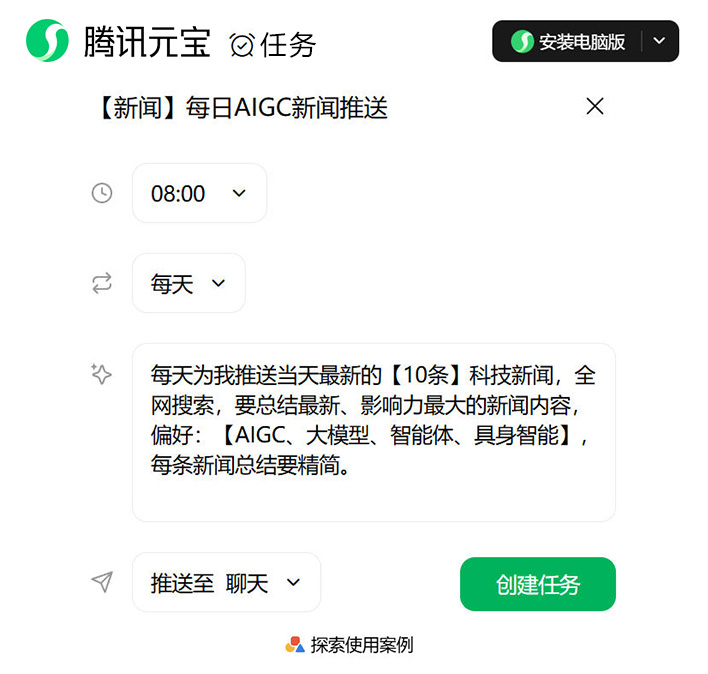The Abbreviation of Voice Interaction in English: A Key Component of AI
Introduction:
In the era of artificial intelligence (AI), voice interaction has become an indispensable component. It has revolutionized the way we interact with technology, making communication more intuitive, efficient, and user-friendly. In this article, we will explore the abbreviation of voice interaction in English and its significance in the realm of AI.
Definition:
The abbreviation for voice interaction in English is VUI, which stands for Voice User Interface. VUI refers to the technology that enables users to interact with devices and systems using spoken language instead of traditional input methods, such as typing or clicking. It encompasses various functionalities, including voice commands, speech recognition, and natural language processing.
.jpg)
Impact on Everyday Life:
VUI has significantly transformed the way we interact with everyday devices and services. Voice assistants, like Apple’s Siri, Amazon’s Alexa, and Google Assistant, have become commonplace in our homes, allowing us to perform tasks such as setting reminders, controlling smart devices, and even ordering groceries with simple voice commands. This convenience has made our lives more efficient and hands-free.
Advancements in VUI Technology:
Thanks to advancements in natural language processing and machine learning, VUI technology has become more accurate and context-aware. It can understand and respond to complex queries, carry out multi-step instructions, and even engage in conversations that mimic human-like interactions. VUI’s ability to comprehend voice commands with higher precision has greatly enhanced user experiences.
Applications:
VUI finds applications in various industries, revolutionizing sectors such as customer service, automotive, healthcare, and education. In customer service, VUI-powered interactive voice response systems provide personalized support, reducing the need for human intervention. In the automotive industry, voice commands enable drivers to control navigation, entertainment, and climate settings without taking their hands off the wheel, enhancing both safety and convenience.
Privacy and Security Concerns:
While VUI technology offers numerous benefits, it also raises concerns about privacy and security. As voice interactions are recorded and sent to servers for processing, protecting user data and preventing unauthorized access become critical challenges. Developers must prioritize implementing robust security measures to safeguard user information and ensure trust in VUI systems.
Conclusion:
Voice interaction, abbreviated as VUI, is an essential element of AI that has transformed the way we interact with technology. From voice assistants to customer service applications, VUI has significantly enhanced user experiences and made our lives more convenient. As technology continues to advance, addressing privacy and security concerns associated with VUI will be crucial. With constant innovation, VUI is set to play an increASIngly prominent role in the future of artificial intelligence.







 津公网安备12011002023007号
津公网安备12011002023007号